Dir: Michael Winterbottom. UK 2002. 87mins.
It's a road movie to end road movies: two Afghan refugees' long, life-threatening overland journey from Pakistan to London, shot with a small DV camera but a big wide-screen sweep. World premiered at the London Film Festival - where it played as a last-minute addition - In This World forms an impromptu companion piece to the event's curtain raiser, Dirty Pretty Things, and to other thoughtful recent films about Britain's refugees and asylum-seekers such as Paul Pawlikowski's Last Resort. It should be a welcome guest at future festivals and might secure a limited theatrical release on the strength of its torn-from-the-headlines urgency and director Michael Winterbottom's following, prior to transmission on the BBC (a co-production partner) next September.
Devised by the writer Tony Grisoni after the collapse of his last project, Terry Gilliam's The Man Who Killed Don Quixote, the story is based on hundreds of first hand accounts from smuggled refugees. Its opening images introduce the cheerful chaos of the camp of Shamshatoo, in North West Pakistan, and two of its 53,000 Afghan inmates: Enayatullah (his real name), a charming, handsome youth who helps out on his family's market stall, and the orphaned Jamal, his younger, but more streetwise cousin. With the agreement of Enayatullah's family, this pair decides to travel to London in search of a better life, engaging the costly services of a people smuggler to organise their itinerary.
The trip through Pakistan, Iran, Turkey and thence by sea to Italy in a container ship takes place in a constant state of high anxiety, leavened only by Jamal's resilience and his feisty ability to make up terrible jokes. Improvised by a non-professional cast from an outline script, the film reaches its dreadful climax in a sequence based on the real tragedy which inspired it: the slow death of a container load of refugees locked for hours in the dark with no water and insufficient air.
Winterbottom's emotional restraint - a liability with more conventional fiction material, such as his two Thomas Hardy adaptations, Jude and The Claim - works in his favour here, playing down the inbuilt melodramatic elements in order to let events speak for themselves. Voice-over is used briefly in the opening scenes to place the characters in a broader international context, but is soon abandoned so as, the director says, to prevent the piece from becoming too polemical.
The DV camerawork, often shot undercover using a ten-person crew and available light, inevitably looks rough at times. But inventive sequences, such as a lyrical montage of Teheran's bright lights, a long night crossing across a frozen mountain, and the terrifying ordeal inside the pitch-black container, create contrasting rhythms and textures. A lush orchestral score - by Dario Marianelli, who also wrote the music for The Warrior - enhances the epic feel.
Made under the working title of The Silk Road, this was briefly renamed M1187511, referring to the Home Office visa application number assigned to the real-life Jamal, who travelled back to Britain under his own steam after shooting was completed. The film's final title seems at first nondescript but, as the story proceeds, acquires layers of meaning whose full resonance is revealed only at the end.
Prod co: Revolution, BBC Films, the Film Consortium
Int'l sales: The Works
Exec prods: Chris Auty, David M Thompson
Prods: Andrew Eaton, Anita Overland
Co-prod: Behrooz Hashemian
Scr: Tony Grisoni
Cinematography: Marcel Zyskind
Ed: Peter Christelis
Music: Dario Marianelli
Main cast: Jamal Udin Torabi, Enayatullah




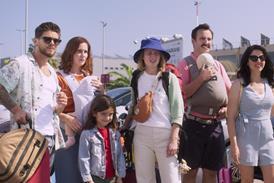
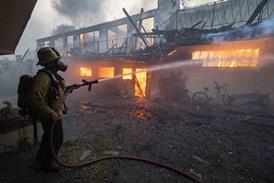
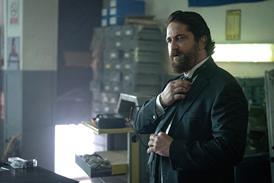



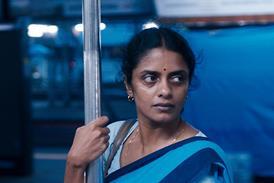

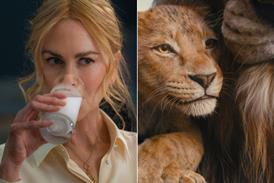
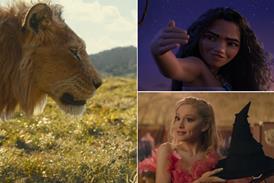

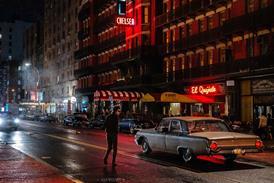

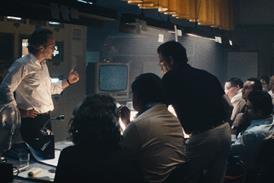

No comments yet